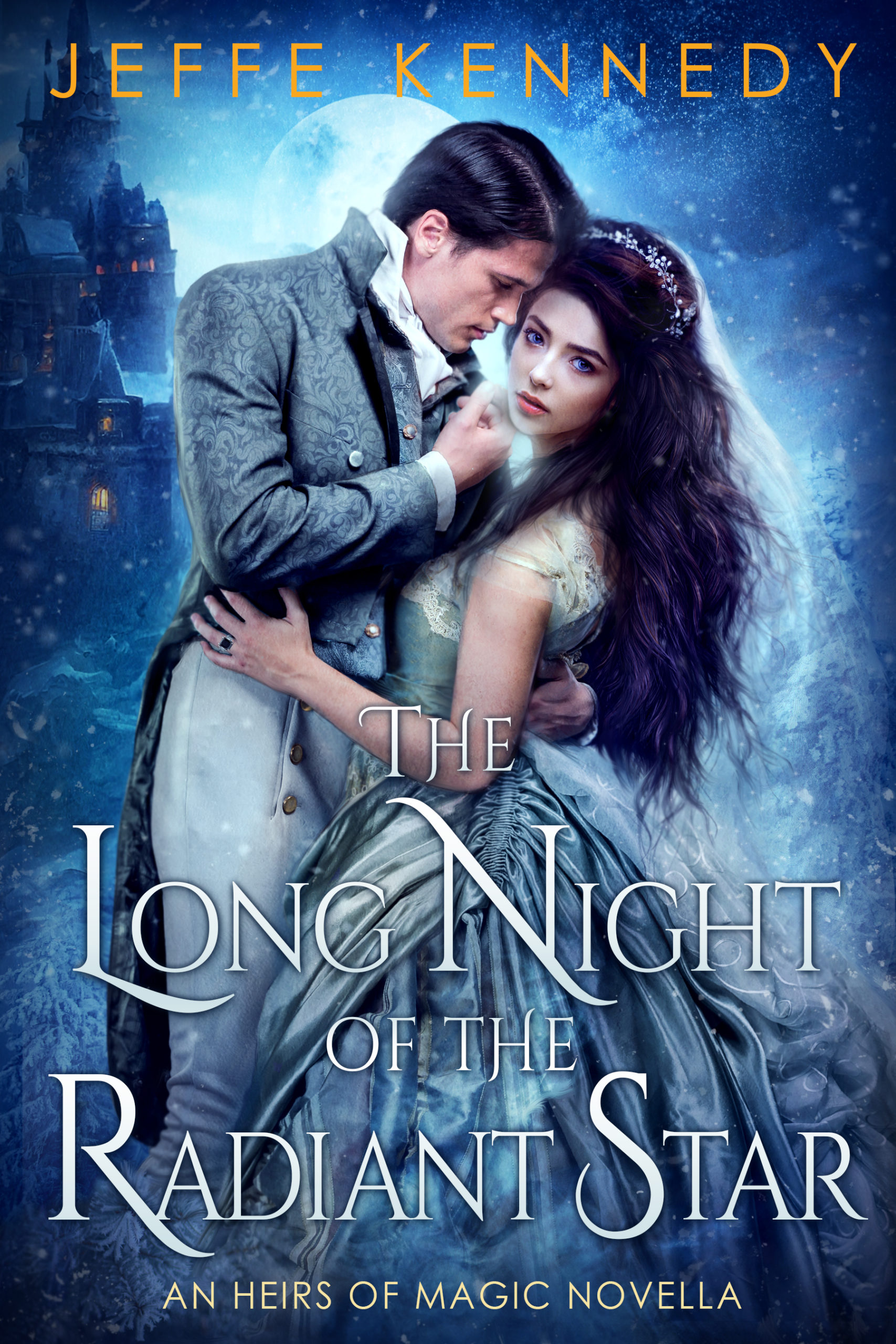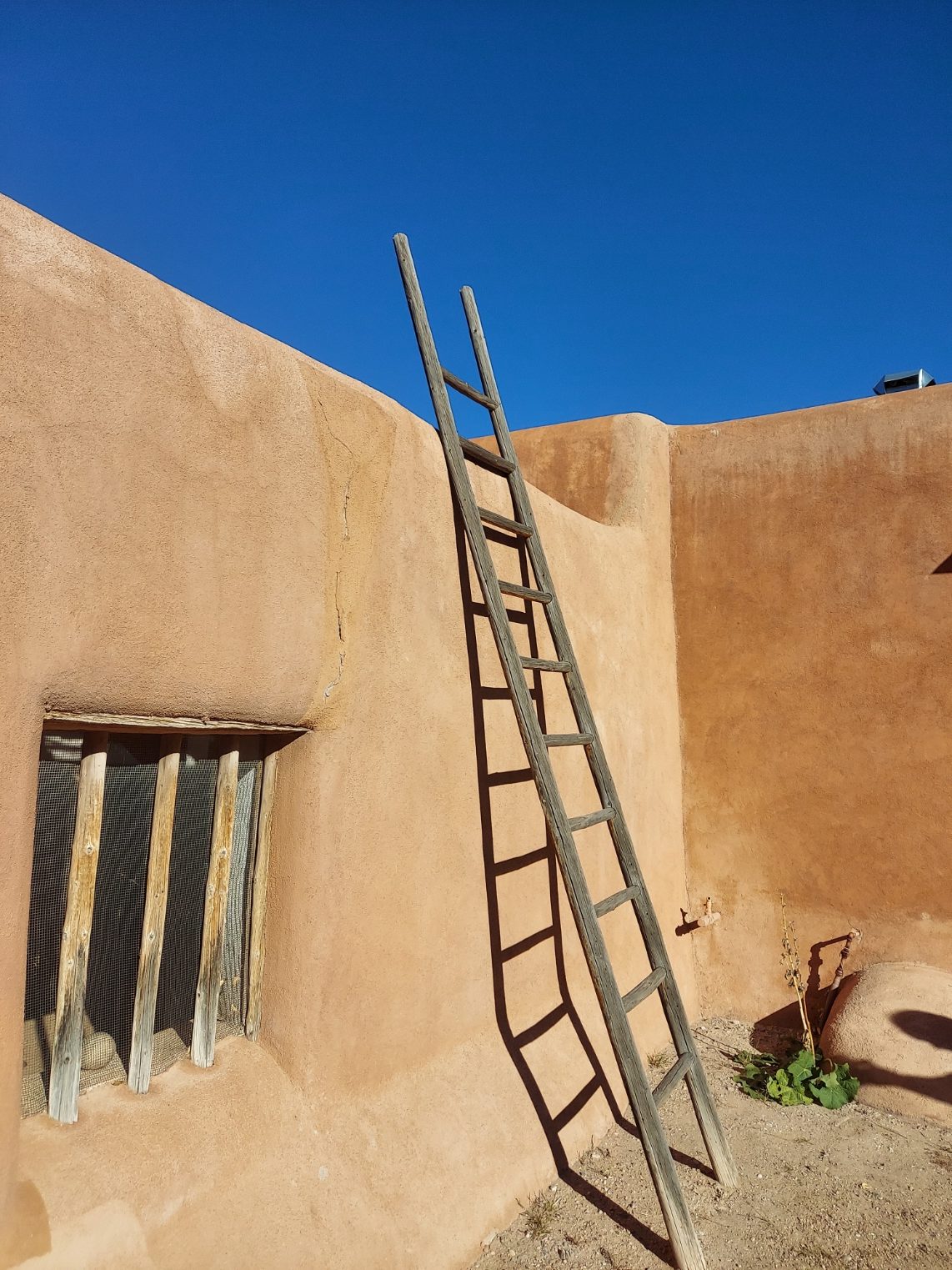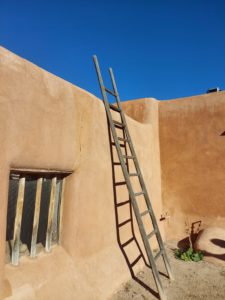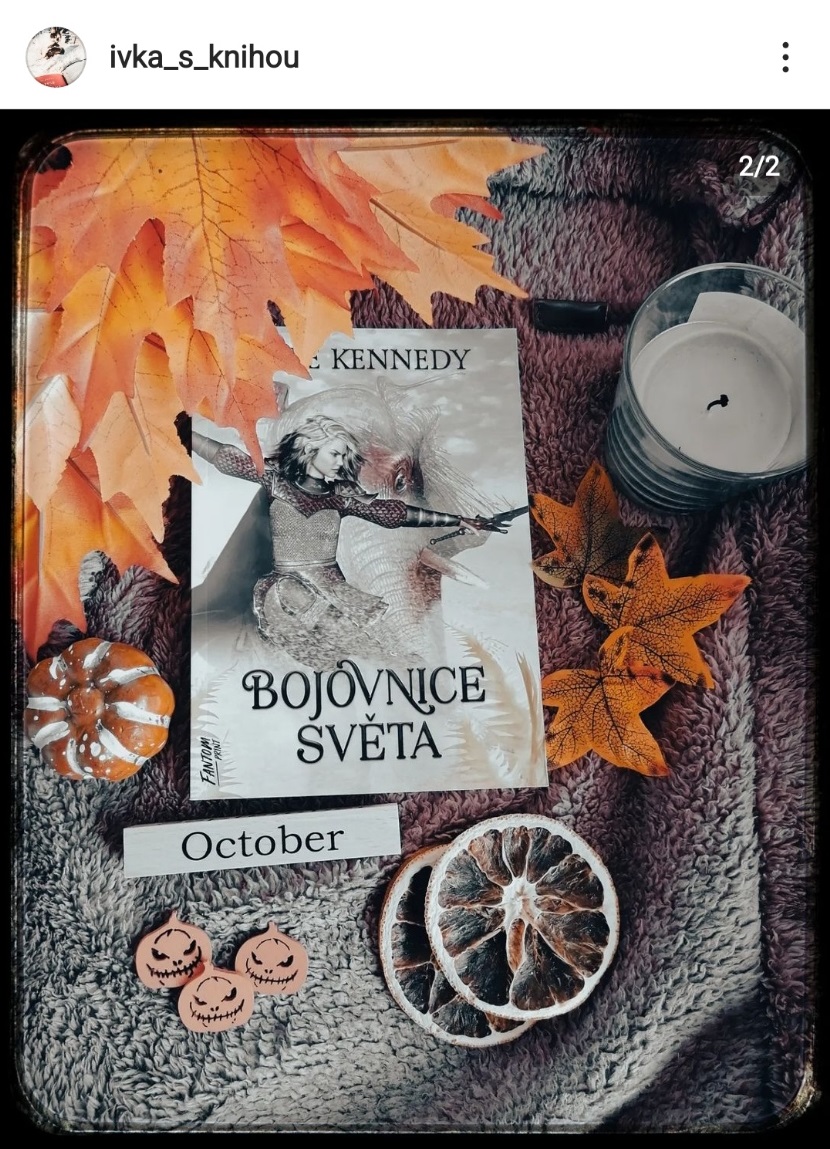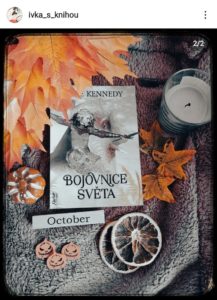
Here’s a little tease of the cover of ROGUE FAMILIAR, book 2 in Renegades of Magic, releasing at the end of February. Cover reveal coming soon!
This week at the SFF Seven we’re talking about the Mentality of Negative Reviews. Specifically, the person who posed the question asked: do you recognize your fight-or-flight response to negative reviews and do anything to stop it?
I’m including the full text of the question because I’m disagreeing with the initial premise. I don’t think I have a stress response to negative reviews. It could be that I’ve been writing long enough (nearly thirty years *gasp*) that I’ve become more or less inured to negative reviews. I remember a review of my first book, the essay collection WYOMING TRUCKS, TRUE LOVE, AND THE WEATHER CHANNEL, that was mostly glowing – but also said I used adverbs too much. It came from a professional reviewer at a venue I can’t recall, and that was long before I realized that many reviewers are aspiring writers who cling to the “rules” of writing with the tenacity of an apprentice seeking the magic formula to catapult them to true wizard status. Mostly I was surprised that, if my professional, experienced editor at a university press hadn’t minded my adverbs, then why did a reviewer? I understand now. I also know more about the weird anti-adverb stance some writers absorb.
Mostly. <- See what I did there? Humor is key.
Anyway. Experiencing a flight-or-fight response to a review means that you feel attacked. I suppose some reviewers intend it that way. They like to speculate about the author’s emotional life, intentions, or deadline pressure. Authors are occasionally accused of manipulating readers to extract profit. Sometimes our moral integrity is questioned. But that’s all par for the course on social media. I think what’s most important for writers to do is separate themselves from their work. YOU didn’t receive a negative review; the book did. Even if the reviewer specifically attacks the author, they’re still not actually reviewing you as a human being, because they don’t actually know you. The author is a construct in their mind that has very little to do with reality.
Keeping your poise, a sense of yourself as a person separate from the work, and keeping a sense of humor about it all is what gets you through. After all, a review isn’t a tiger. No one’s going to die over a review. It’s fangless, toothless, and ultimately dust in the wind.

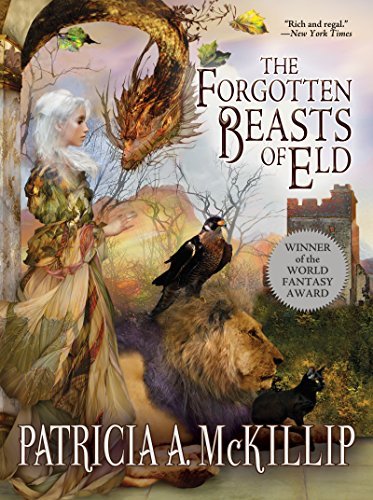
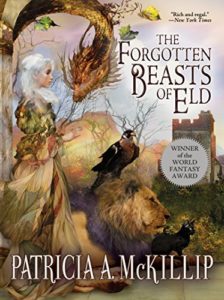
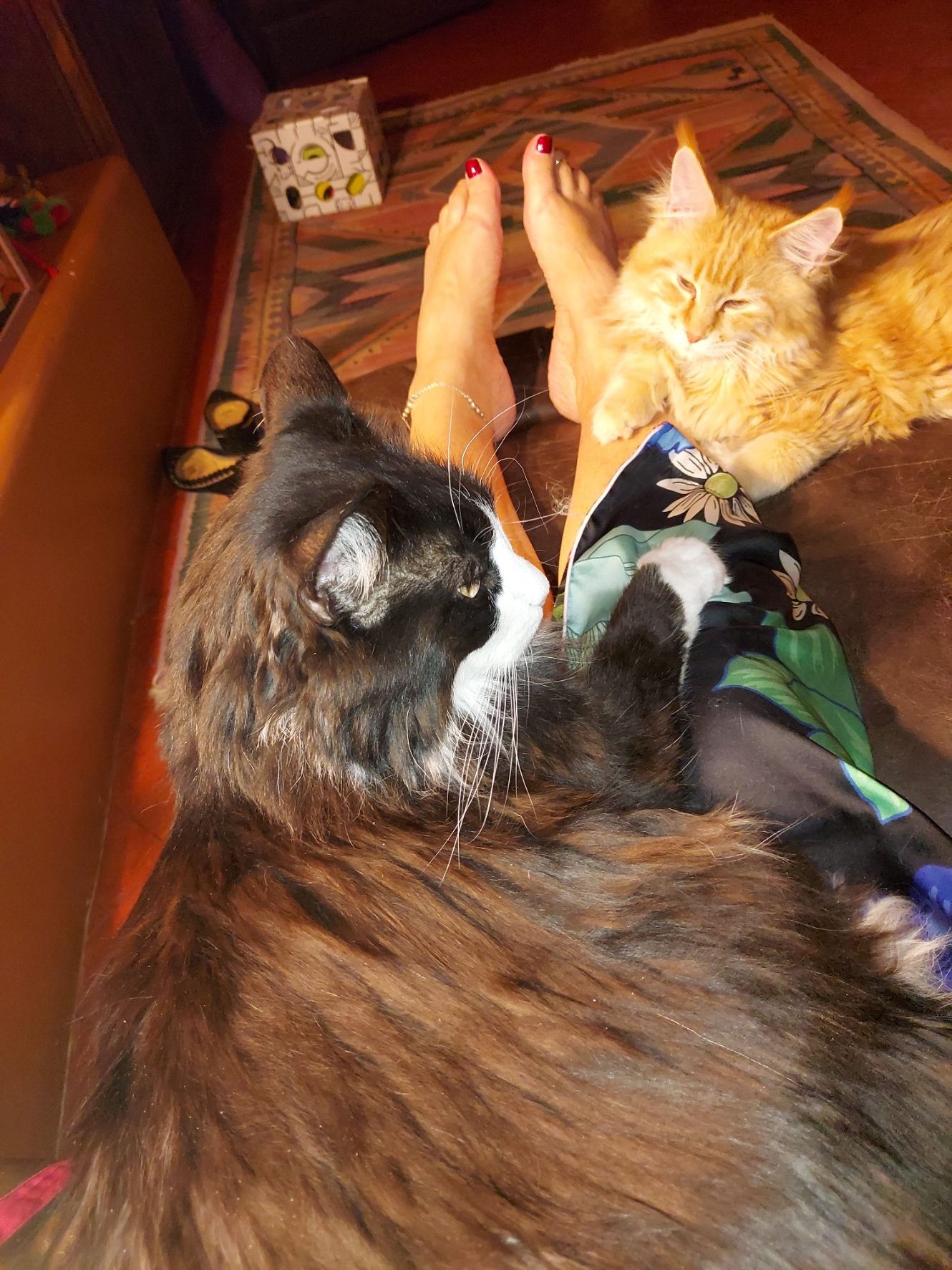
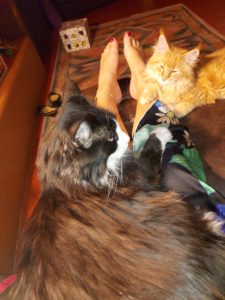
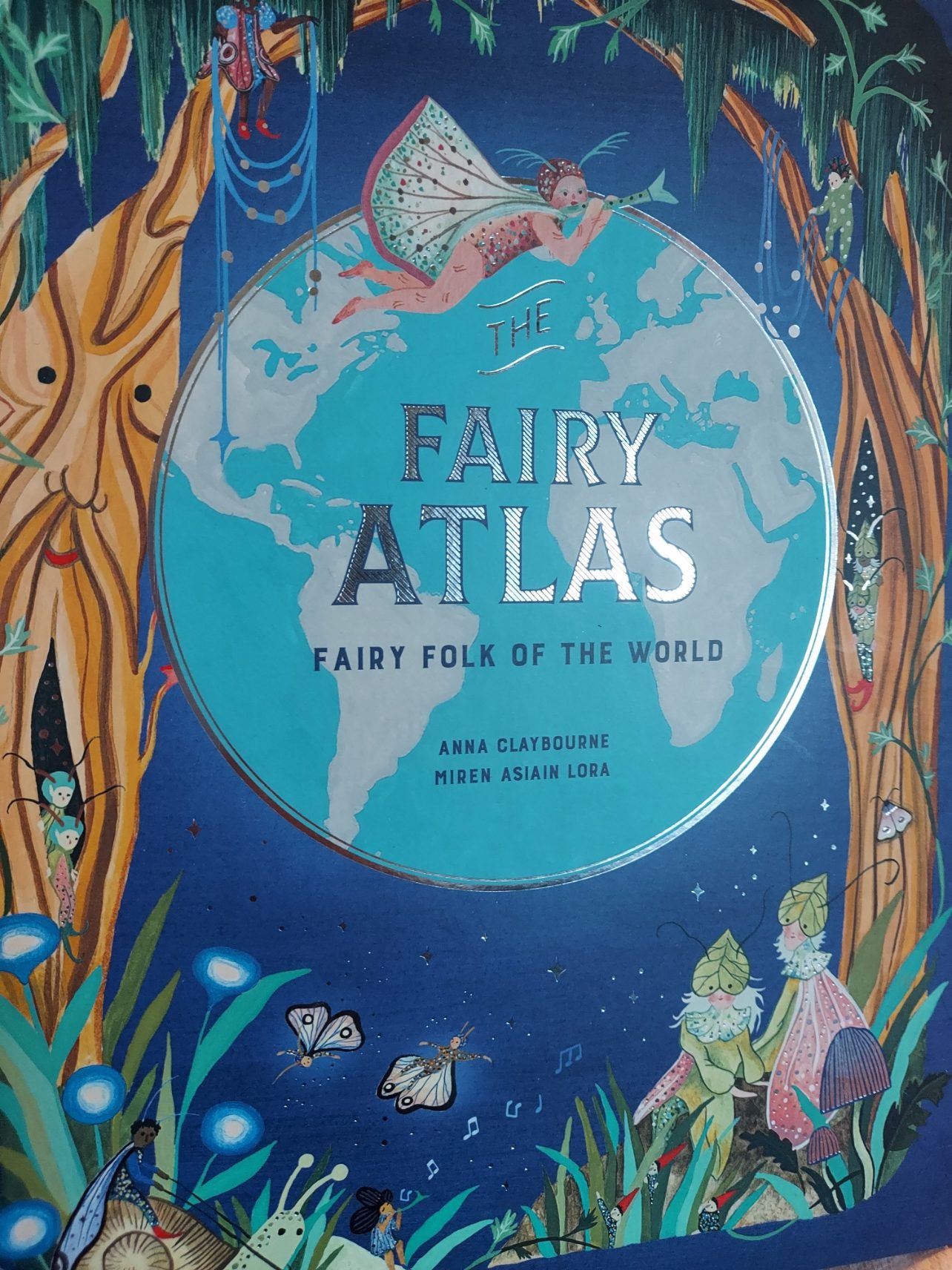
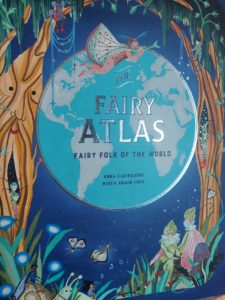
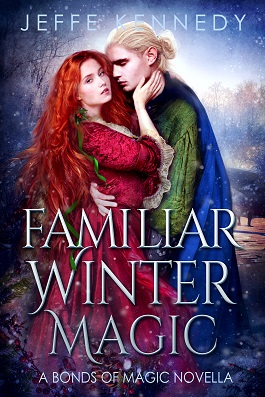
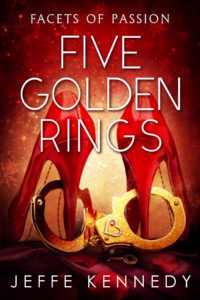






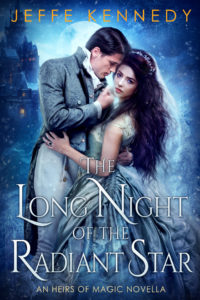

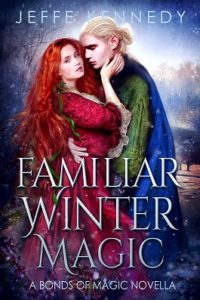 Finally, there’s
Finally, there’s 
